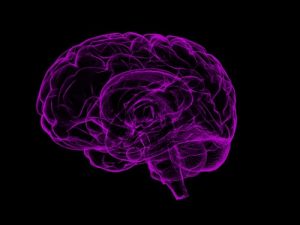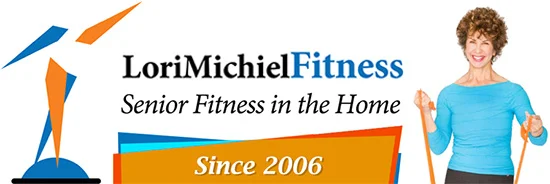Help to Recover from a Stroke
 INTRODUCTION
INTRODUCTION
According to the National Stroke Association, “Ten percent of people who have a stroke recover almost completely, with 25 percent recovering with minor impairments. Another 40 percent experience moderate to severe impairments that require special care.”
CONTINUING THERAPY AT HOME
Many stroke survivors are given physical, occupational and speech therapy during their hospital stay and continue those therapies once discharged. Rehabilitative therapy can allow some to all recovery of movement, speech, cognition and independence.
TYPES OF STROKES
There are two different types of stroke that occur in the brain: ischemic or hemorrhagic.
The most common type of stroke, ischemic, occurs when there is a blockage causing restricted blood flow to the brain caused by a blood clot.
The second type of stroke, hemorrhagic, occurs when a weakened blood vessel bursts and bleeds into the brain.
The part of the brain damaged by the loss of blood, and therefore oxygen, will have direct correlation to the affected part of the body. These cognitive challenges are also responsible for memory, learning and awareness. This may cause shortened attention spans or short-term memory deficits. With a compromise to attention, it is important to develop another way to train, to help muscles retain memory of a certain exercise.
REHABILITATION
However, no two persons experiencing a stroke will have the same resulting symptoms. Because of this, we must perform a comprehensive assessment in order to determine any and all compromised abilities.
At Lori Michiel Fitness, we create exercise programs for stroke survivors that will challenge both the cardiovascular and nervous systems. Our goal is to restore physical activities as much as possible. As with any consistent exercise program for older adults, it allows for a greater overall independence and helps restore the joy of living. T. George Hornby, PhD, Professor of Physical Medicine and Rehabilitation at Indiana University School of Medicine, tells us, “…walking…does not provide enough of a challenge to the nervous system to enable patients to negotiate real-world situations, such as uneven surfaces, stairs or changing direction.”
